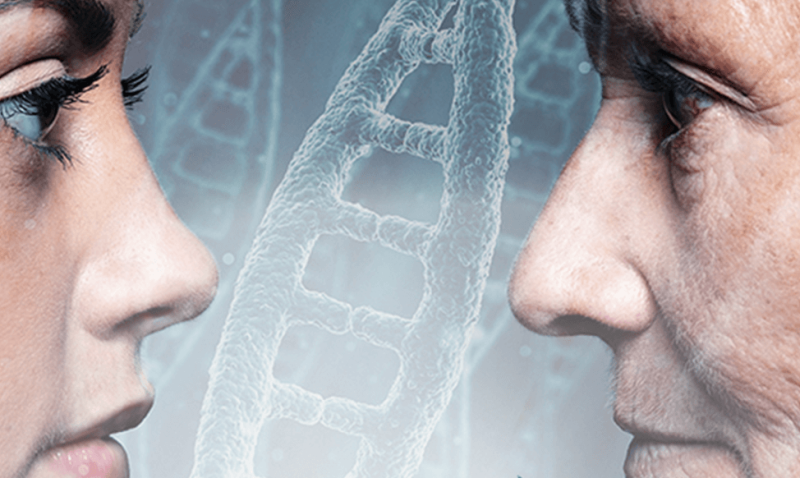Only a small percentage of people in their 50s and early 60s have had their DNA tested—for medical reasons, to learn their ancestry, or out of curiosity—but far more have an interest in getting such tests done.
…
But that desire to know more about their risk of disease or heritage comes with a grain of salt. Two-thirds of those who responded to the survey say they thought genetic testing could lead them to worry too much.
…
Even those who get direct-to-consumer genetic tests mainly to learn about their ancestral heritage could end up being “blindsided” by findings showing that they have a high risk of diseases.
…
Newer clinical trials of drugs that aim to prevent, delay, or slow progression of memory loss and other cognitive problems are actually looking to enroll people who have a higher-than-usual genetic risk of Alzheimer’s. So those who elect to buy such a test, or who have a doctor who orders one for them because of family history, may now have an action they can take based on their results.
Read full, original post: Older adults want DNA info, but worry about results































